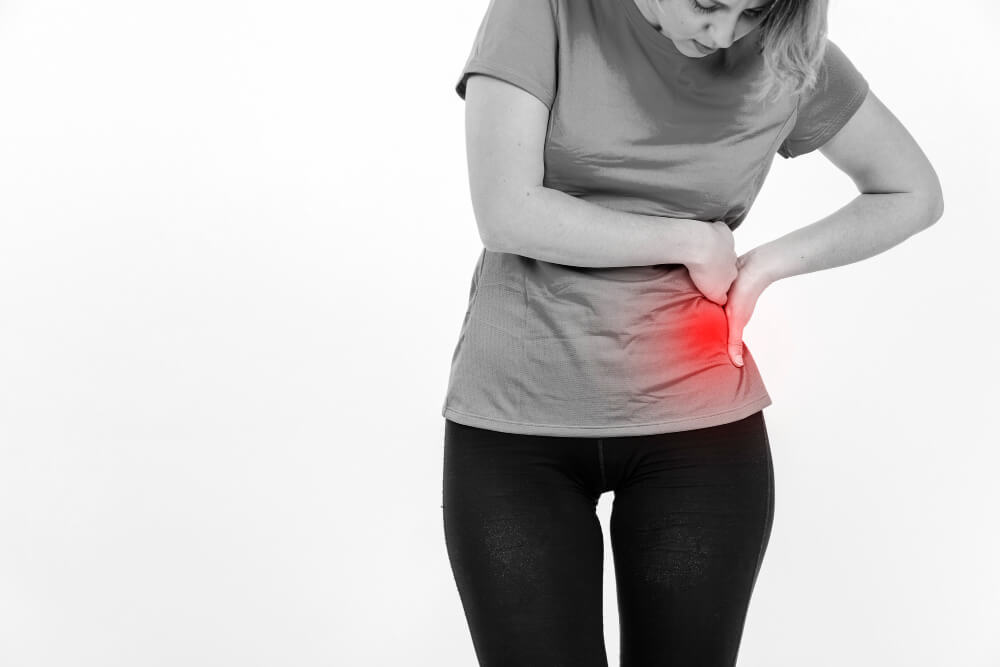Hip Pain: Understanding and Managing Discomfort with Orthopedic Care
Hip pain is a common complaint that can affect people of all ages. It can range from a mild ache to a severe, debilitating pain that hinders daily activities. While many cases of hip pain can be managed with self-care measures, persistent or worsening pain may require the expertise of an orthopedic specialist.
Common Causes of Hip Pain
Arthritis
Osteoarthritis: This degenerative joint disease breaks down cartilage, leading to pain, stiffness, and reduced range of motion in the hip joint.
Rheumatoid Arthritis: An autoimmune disease that can affect the hip joint, causing inflammation, pain, and stiffness.
Hip Bursitis Inflammation of the fluid-filled sacs (bursae) that cushion the hip joint can cause pain and tenderness.
Tendinitis Inflammation of the tendons in the hip can lead to pain and stiffness, especially with movement.
Hip Labral Tear The labrum is a ring of cartilage that surrounds the hip socket. A tear in the labrum can cause pain, clicking, and instability in the hip.
Avascular Necrosis This condition occurs when the bone tissue in the hip joint dies due to insufficient blood supply, leading to pain and stiffness.
Hip Fractures Falls or high-impact injuries can cause fractures of the hip bone, resulting in severe pain and difficulty walking.
When to See an Orthopedic Specialist
While over-the-counter pain relievers and home remedies might provide temporary relief for mild hip pain, it’s essential to consult an orthopedic specialist if:
- Pain persists for several weeks despite self-care measures
- Pain is severe or interferes with daily activities
- You experience stiffness, weakness, or numbness in the hip or leg
- You have a history of hip injuries or conditions
- There is visible swelling, redness, or deformity around the hip
Diagnosis of Hip Pain
An orthopedic specialist will conduct a thorough evaluation to determine the underlying cause of your hip pain. This may involve:
- Medical History: Discussing your symptoms, past injuries, and overall health.
- Physical Examination: Assessing your hip joint for tenderness, range of motion, and stability.
- Imaging Tests: X-rays, MRIs, or CT scans may be ordered to visualize the hip joint and surrounding tissues.
Treatment Options for Hip Pain
Treatment for hip pain depends on the underlying cause and the severity of symptoms.
Non-surgical Treatments

- Rest and Ice: Reducing activities that aggravate the hip and applying ice packs can help alleviate pain and inflammation.
- Physical Therapy: Exercises and stretches can improve strength, flexibility, and range of motion in the hip.
- Medications: Over-the-counter pain relievers like ibuprofen or acetaminophen can help manage pain and inflammation. Corticosteroid injections may be used for severe inflammation.
- Assistive Devices: Canes or walkers can provide support and reduce stress on the hip joint.
Surgical Interventions
- Arthroscopic Surgery: Minimally invasive surgery to repair damaged cartilage or remove bone spurs.
- Hip Resurfacing: This procedure preserves the femoral head while replacing the damaged hip socket with a metal cap.
- Total Hip Replacement: In severe cases of arthritis or joint damage, replacing the entire hip joint with a prosthetic implant may be necessary.
Preventing Hip Pain
While some factors contributing to hip pain are beyond your control, certain lifestyle modifications can help reduce your risk:
- Maintain a healthy weight: Excess weight puts additional stress on the hip joints.
- Regular exercise: Strengthening the muscles around the hip can help support the joint.
- Proper posture: Good posture helps distribute weight evenly and reduces strain on the hips.
- Warm-up before physical activity: Warming up muscles can prevent injuries.
- Use proper lifting techniques: Avoid lifting heavy objects improperly to protect your back and hips.
By understanding the potential causes of hip pain and seeking timely medical attention, you can effectively manage your symptoms and improve your quality of life.

